Baseboard or Radiators?
djdoggone
10 years ago
Related Stories
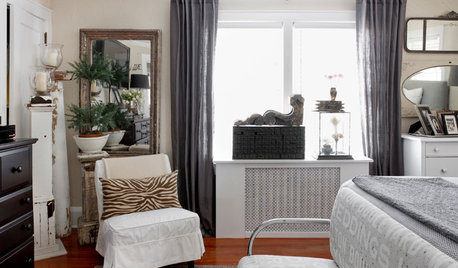
WINDOW TREATMENTSHow to Cover Windows Above a Radiator
Explore the window treatments — and window treatment combinations — that can work in this space
Full Story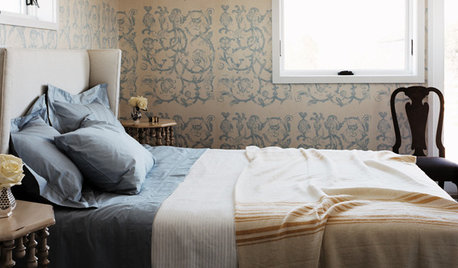
BEDROOMS8 Steps to a Greener, More Peaceful Bedroom
Clear away clutter, clean the air and make over your bedding for an oasis that radiates calm and well-being
Full Story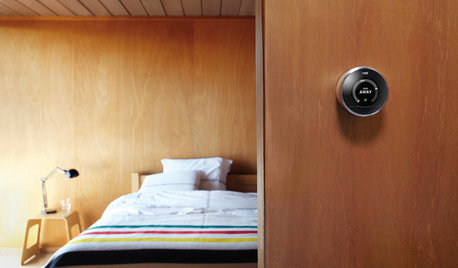
ACCESSORIESEveryday Home Must-Haves Beg for a Makeover
The Nest's much-improved take on the thermostat has us pondering reinventions of other necessities around the house
Full Story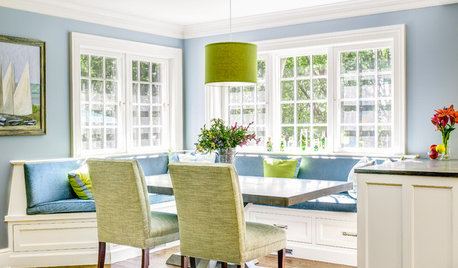
KITCHEN DESIGN91 Kitchen Banquettes to Start Your Morning Right
Slide into one of these stylish breakfast nooks and stay awhile
Full Story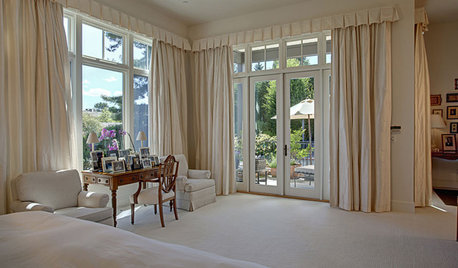
WINDOW TREATMENTSHow Low Should Your Drapes Go?
Hover, brush the floor or pool like Scarlett O'Hara's tears — we give you the lowdown on curtain length options
Full Story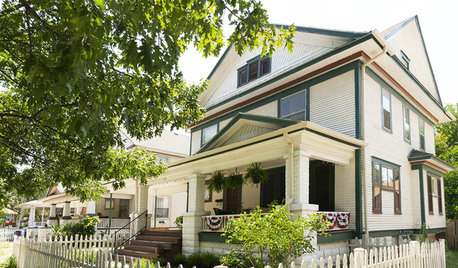
HOUZZ TOURSHouzz Tour: A Fixer-Upper Becomes a Labor of Love
A thrifty spirit and endless vision enable a hardworking Kansas couple to create a charming home on a small budget
Full Story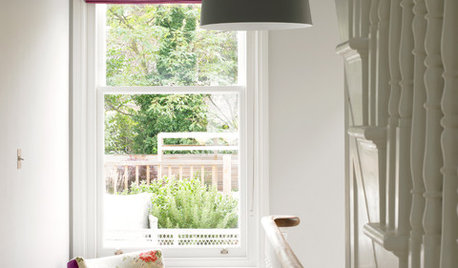
VICTORIAN DESIGNHow to Gently Bring a Victorian Home Into the 21st Century
Bring your Victorian home up-to-date while still celebrating its original details with these stylish but sensitive ideas
Full Story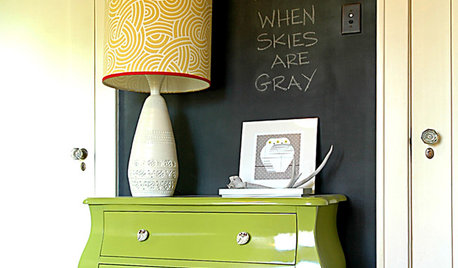
DECORATING GUIDESDiscover the Draw of Writing on the Walls
Let your freehand break free with write-on wallpaper, dry-erase paint and other design inventions that celebrate the scribble
Full Story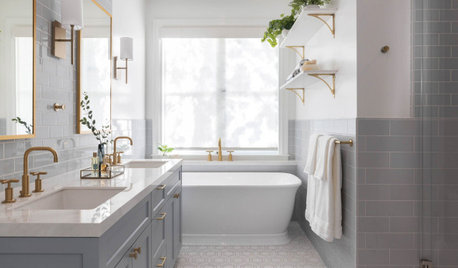
FLOORSWhat to Ask When Considering Heated Floors
These questions can help you decide if radiant floor heating is right for you — and what your options are
Full Story
GREAT HOME PROJECTSHow to Add a Radiant Heat System
Enjoy comfy, consistent temperatures and maybe even energy savings with hydronic heating and cooling
Full StorySponsored
Your Custom Bath Designers & Remodelers in Columbus I 10X Best Houzz
More Discussions






fsq4cw
djdoggoneOriginal Author
Related Professionals
Brooklyn Center Solar Energy Systems · Little Ferry Solar Energy Systems · Payson Solar Energy Systems · Easton Solar Energy Systems · Dallas Home Automation & Home Media · Hanover Home Automation & Home Media · Highland Park Home Automation & Home Media · Lewisville Home Automation & Home Media · Minnetonka Home Automation & Home Media · Orlando Home Automation & Home Media · Port Washington Home Automation & Home Media · Washington Home Automation & Home Media · Chelsea Fireplaces · Hoffman Estates Fireplaces · Mauldin Fireplacesfsq4cw
Bruce in Northern Virginia
Elmer J Fudd
ionized_gw
Elmer J Fudd
djdoggoneOriginal Author
ionized_gw
djdoggoneOriginal Author
ionized_gw
djdoggoneOriginal Author
ionized_gw
djdoggoneOriginal Author